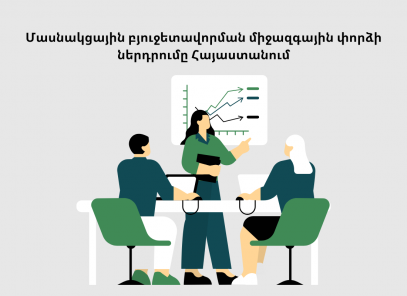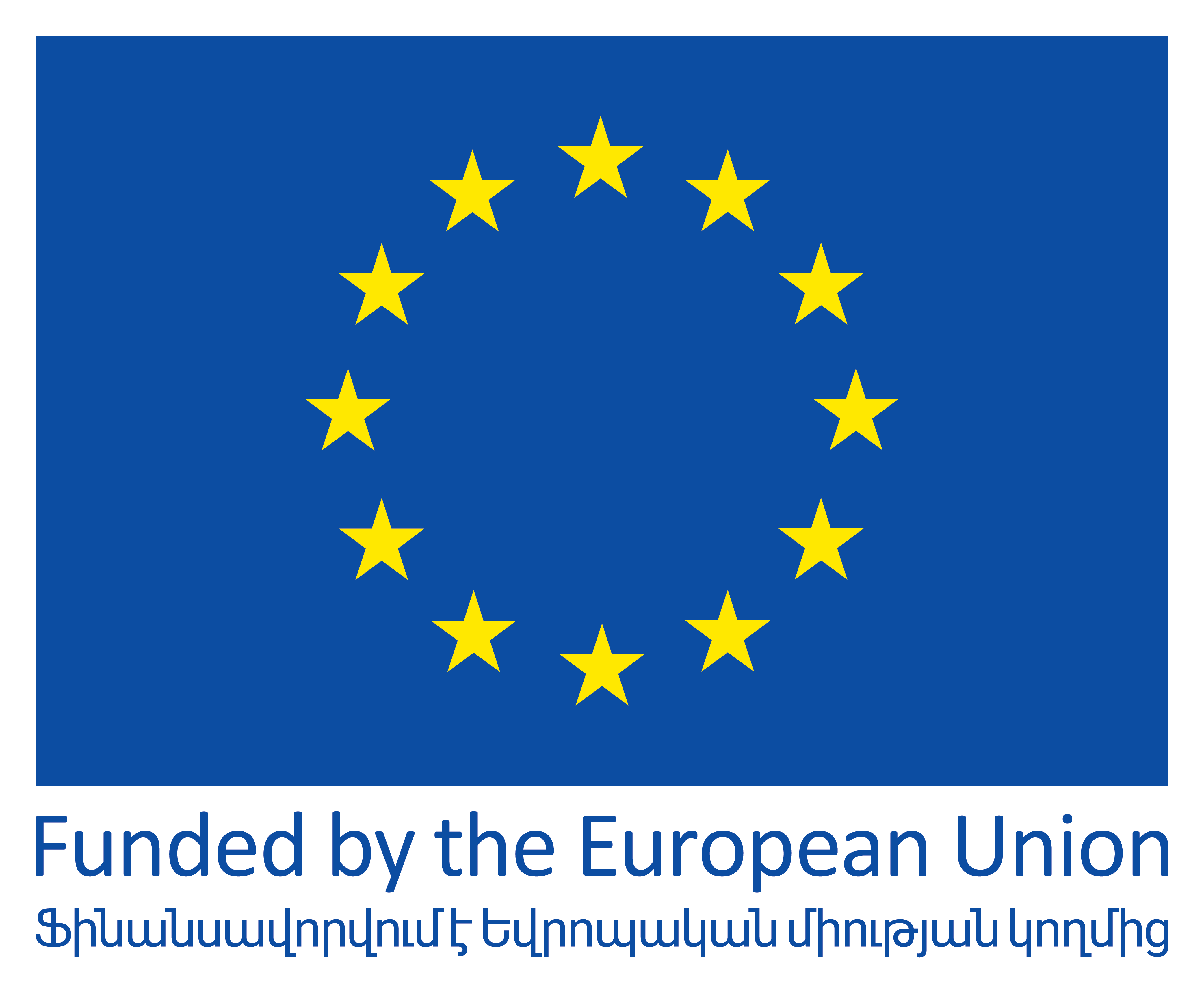In response to a continuous effort of local advocates for greater transparency and accountability and persisting pressure of the international community, the Republic of Armenia (RA) has made a commitment to promote greater fiscal transparency and increase citizens’ participation in its budgetary agenda. The availability of information on governmental budgets is an essential pre-requisite for such effort, yet it is only a first step in a long run. The agenda of budget and fiscal transparency is still rather new in the country and thus challenging for both, the representatives of state authorities as well as general public including non-profit organizations and other representatives of the civil society. Generally, there are two ways in which participation in fiscal policies can be initiated:
- by state actors inviting non-state actors to participate (i.e., invited participation).
- by non-state actors, such as civil society organizations (CSO) or social groups, initiating the engagement (i.e., invented or claimed participation)
In this publication, our main focus will be on the later, i.e. on the ways how civil society actors may engage in fiscal policy debate.





